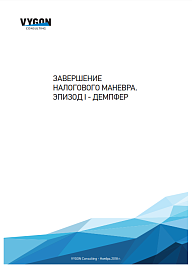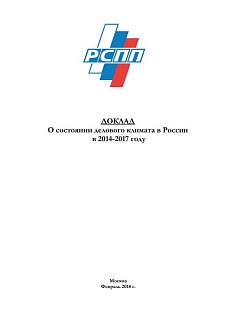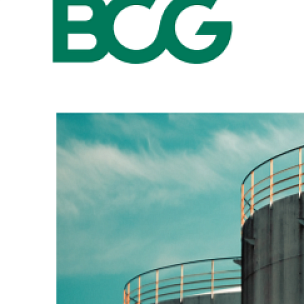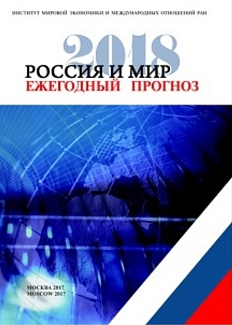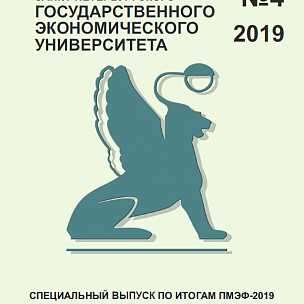The tax maneuver in the oil sector involves gradual phasing out of export duty on oil, accompanied by an increase in the rate of the mineral extraction tax (MET). The strategic goal of the tax maneuver completion (TMC) was to reduce the extent of non-systematic subsidies for Russian oil refining and the EEU countries. However, by now its only the regulatory mechanism that was changed, which has made the regulation much more complicated. The authors point out that not all of the stated goals of the TMC have been fulfilled: only mini refineries with the throughput of less than 600 thousand tonnes per year are deprived of subsidies; for other plants the customs subsidy is replaced with a reverse excise tax.
However, according to the VYGON Consulting experts, in practice the TMC will have virtually no effect on prices in the Russian Federation: firstly, the growth of fuel prices is contained by the state; secondly, compensatory mechanisms will be introduced for many petroleum products. For the state the effect of the TMC will amount to 1.7 trillion rubles exclusive of additional compensations to the EEU countries and domestic consumers (including those provided through the damping mechanism). The damping mechanism was devised to solve the problem of growing losses of refineries caused by the containment of prices on the domestic market, which was a key issue in 2018. At the same time, the damping mechanism is imperfect in its current form, so, according to the VYGON Consulting experts, in the future, as an alternative, it is advisable to return to the concept of a floating excise tax included in the price for consumers and to ensure the stability of road fund proceeds with conjunctural budget revenues.
.png)
The introduction of the damping mechanism is partially offset by the increase in the MET on oil. Independent oil producers find themselves in the most unfavorable position since they are not engaged in refining and thus do not receive the relevant benefits. The MET on oil will depend on the price of gasoline and diesel fuel on the European market, which is another Russian tax know-how. In the future, subsidies for refineries should be optimized. The authors believe that the amount of the subsidy should not be dependent on oil prices, so that it could compensate for the logistics gap of Russian refineries. At the same time, the issue of ensuring stable domestic prices should be resolved through other regulatory mechanisms (damper/floating excise tax).
The authors emphasize that the state should determine how much and what kind of throughput the country needs to have, and the corresponding indicators should be set in the key strategic documents the Energy Strategy and the General Scheme for the development of the oil and gas industry. After that, the regulatory parameters for oil refining should be adjusted and the tax maneuver should be finalized.


